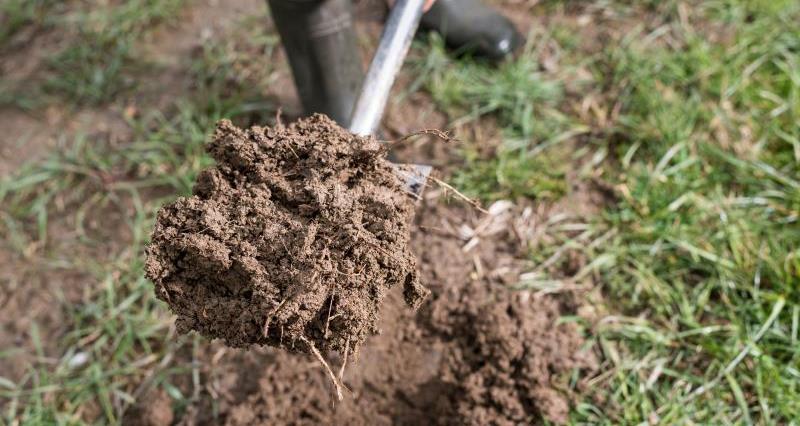Why did we run this webinar?
The unprecedented interest in the ability of agricultural soils to store carbon has generated a number of questions. At this webinar, attendees heard from leading scientists from across the UK, sharing what is known or unknown about the carbon storage potential of UK non-peat soils, as well as highlighting which practices deliver clear benefits and any emerging options for measurement.
The session was designed to provide the foundation for further discussion and action allowing a better understanding of the potential value and abilities of UK agricultural soils to sequester and store carbon.
You can watch a recording of the webinar here. Click on the video below to watch the session in full. Alternatively, if you would like to watch a specific presentation, check the timings against our list of speakers below and use the scroll bar to start the video at the appropriate time.
Watch the recording here:
Speakers
00:00:23: Professor Pete Smith, Aberdeen University
Professor Smith gave a global overview of soils and carbon.
00:14:00: Dr Anne Bhogal, ADAS
Dr Bhogal’s presentation explored the evidence on management techniques which could sequester more carbon in grassland soils, and the importance of protecting the 30% of soil carbon already stored by grasslands.
00:25:15: Professor David Powlson, Rothamsted Research
Professor Poulson highlighted the value of increasing soil carbon in arable soils and the potential, limitations and impacts of different management options.
00:38:40: Dr Prysor Williams, Bangor University – Perspectives from Wales
Dr Williams explored where the opportunities exist for improved carbon sequestration in Wales.
00:47:20: Professor Bob Rees, SRUC – Perspectives from Scotland
Professor Rees explained how soil carbon stocks have been monitored by the National Soil Inventory of Scotland and how these soils have maintained their carbon levels over the past 30 years.
00:52:00: Dr Dario Fornara, AFBI – Perspectives from Northern Ireland
Dr Fornara described how management practices such as nutrient application are being used to improve soil carbon levels.
01:05:00: Professor Steve McGrath, Rothamsted Research
Professor McGrath closed the session by addressing the need to monitor, report and verify soil carbon levels and to enable effective management of carbon in soils.
Q&A
We have compiled a list of the questions submitted by attendees that were answered by our speakers.
Read them here: Soil Carbon Science Webinar 7 July 2021 Q&A
